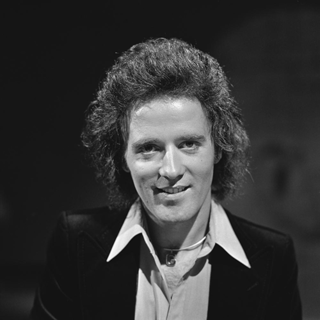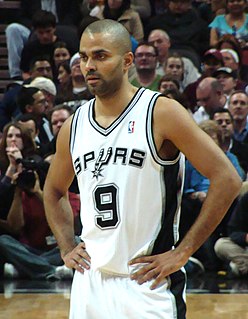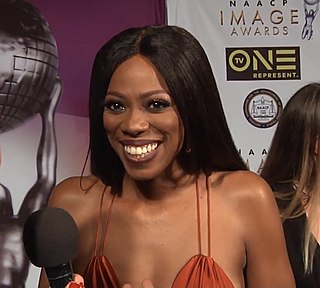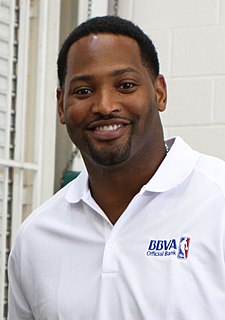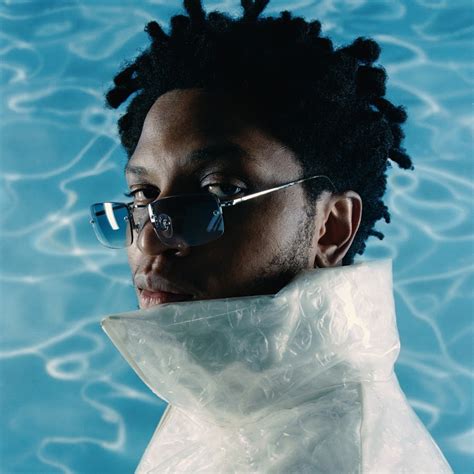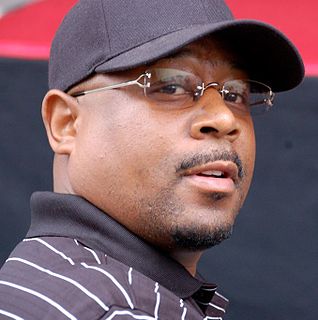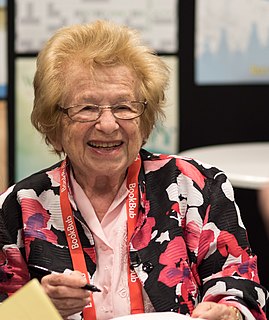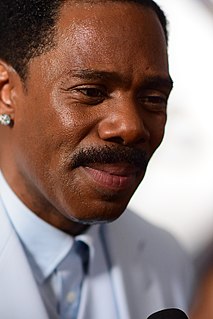A Quote by Gilbert O'Sullivan
When the magazines talk about artists they talk about the Paul McCartneys, the Paul Simons, they never talk about me. So their readers and contemporary artists are never going to check me out because they're not reading about me.
Related Quotes
On the contrary, it's because somebody knows something about it that we can't talk about physics . It's the things that nobody knows anything about that we can discuss. We can talk about the weather; we can talk about social problems; we can talk about psychology; we can talk about international finance gold transfers we can't talk about, because those are understood so it's the subject that nobody knows anything about that we can all talk about!
I have a general feeling that writers and artists who are in this peculiar situation, of being a persecuted artist, all anyone ever asks about is the persecution. It may well be that's the last thing in the world they want to talk about. There were many years in which every journalist in the world wanted to talk to me, but nobody wanted to talk to me about my work. That felt deeply frustrating because I felt there was an attempt to stifle me as an artist. The best revenge I could have was to write.
A lot of guys... they want to take the big shot, and they talk about it because they're scared of it. You never heard me talk about it. You heard a lot of guys talk about it. But you don't have to talk about it, because if you have the confidence in yourself, and your team believes in you, you don't fear anything. You don't fear losing.
The problem of making artists talk about their work is that when they're making their work the left-brain is shut off. So if you talk to an artist about it, you're talking to someone who wasn't there. It's hopeless. And also it's insulting. It's implying that the work is not an adequate account of itself. To me, the greatest artists are almost entirely non-verbal.
I hired a publicist once I got cast in 'Passing Strange,' and one of the first conversations we had was about how I wanted to handle talking about my sexuality. I said, 'It's never been an issue for me. I want to talk about my work, but if something about myself relates to my work, of course I'll talk about it.'
